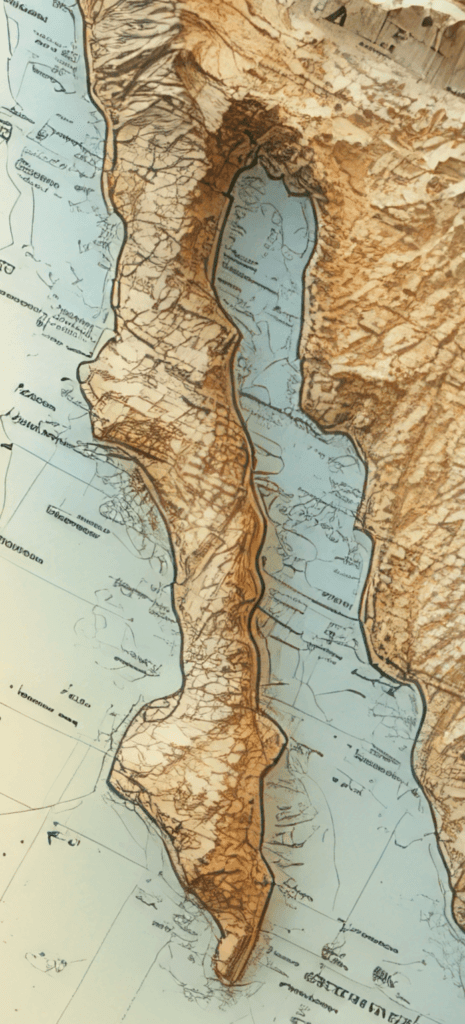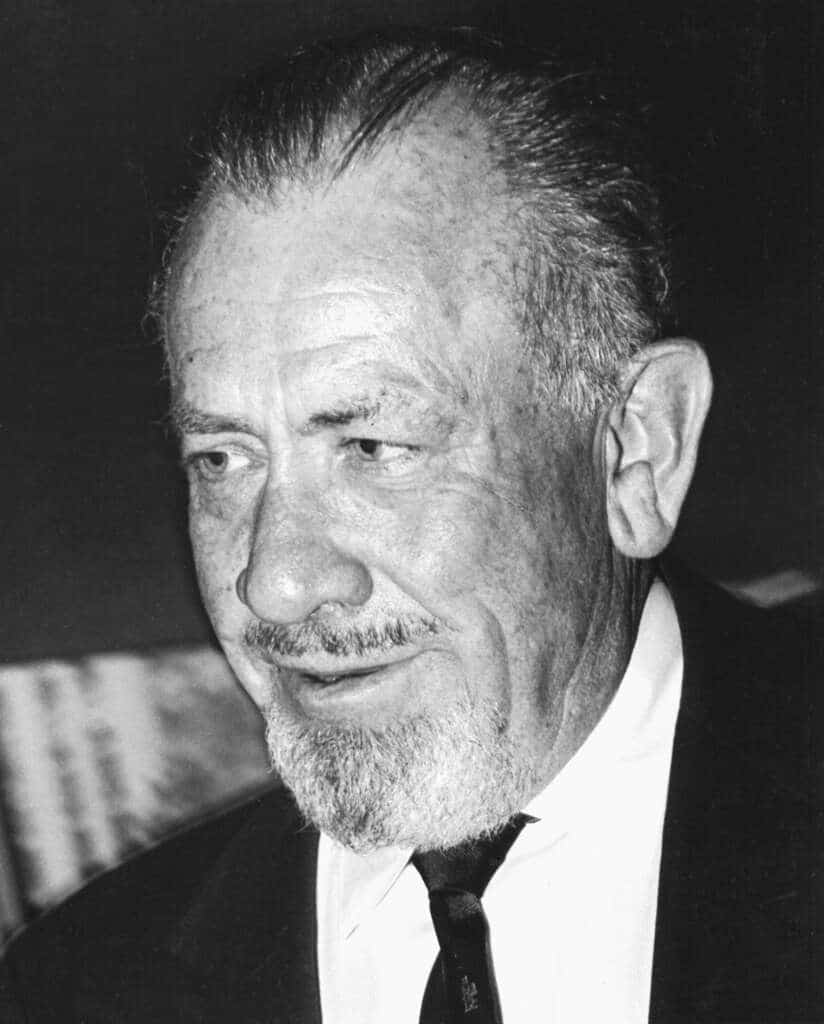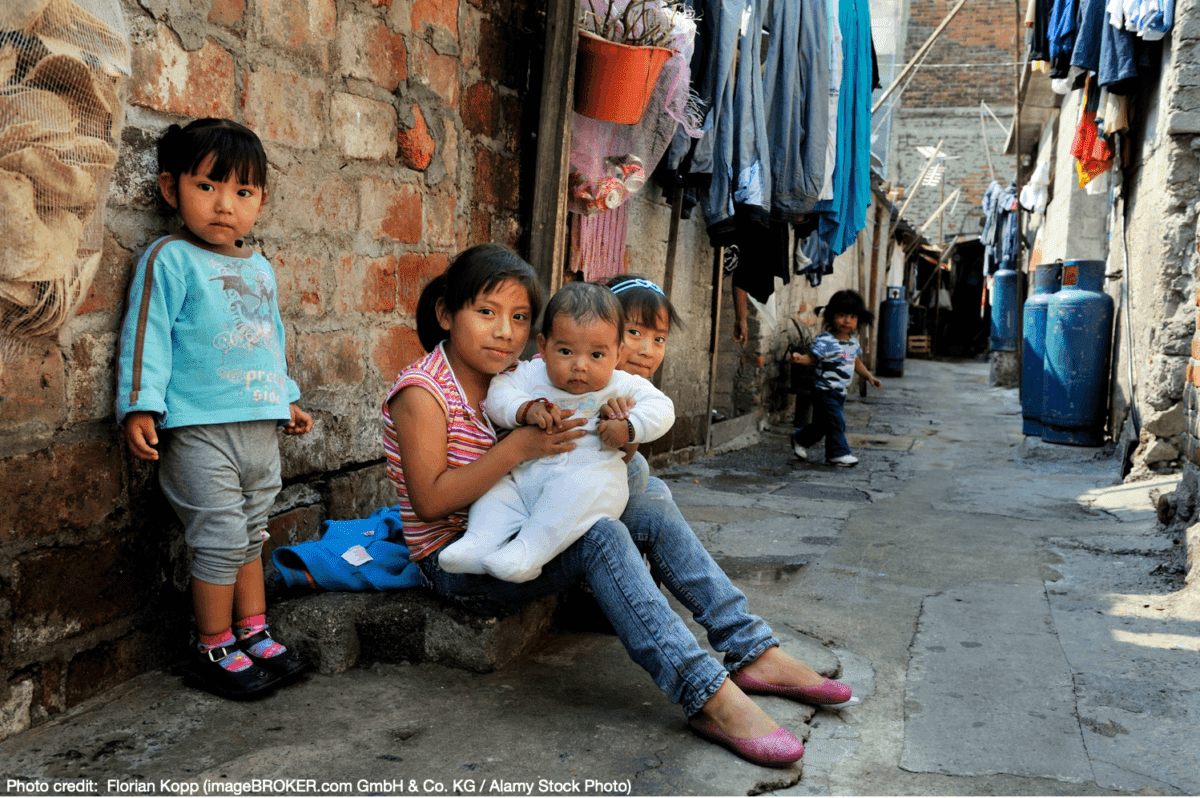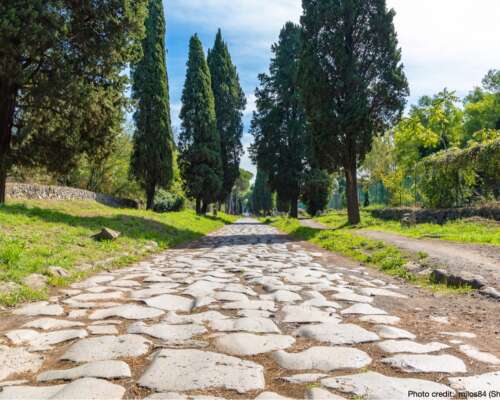This is a post on the human condition (conditio humana), something that philosophers and theologians such as Jean-Paul Sartre, Søren Kierkegaard, Friedrich Nietzsche and (in our time) Hannah Arendt among others have wondered about and wrestled with themselves. By “others” I mean author John Steinbeck who likewise wondered about the way things are. And, once again, I’d like to anchor this essay to a passage in author John Steinbeck’s book “The Log From the Sea of Cortez.” This is an account of a 1940 expedition the Nobel Laureate and a friend embarked on along the long peninsula south of California, traveling on a fishing boat called the Western Flyer, as I describe in another post:
“In his six-week voyage around the Sea of Cortez (another, perhaps more charming name for the Gulf of California), Steinbeck travels with a naturalist (Ed Ricketts) who appears in other books by Steinbeck such as “Cannery Row,” “Tortilla Flat” and “Sweet Thursdays.” The voyage is designed to be a scientific expedition that mixes work with play, or at least, with bourbon. Ricketts is interested in cataloging the creatures of the sea that they encounter along the way in that unique, aquatic ecosystem. Sometimes, the marine life is found in shallow, tidal pools while other times it frequents the deeper waters. No matter. Steinbeck writes about people and places they see as well as what they scoop up in their nets.”
LA PAZ, MEXICO

Steinbeck and Ricketts happened to be ashore in La Paz on March 22nd, Good Friday that year, and they decided to visit a typical, Old Mexico Catholic church, most likely the Mission Nuestra Señora de la Paz. “It was dark and cool,” Steinbeck writes. The church was ancient and in disrepair. The noted author and his compañero noticed old women in black shawls here and there along with descendants of native Mexicans kneeling in prayer, while a boys choir made the Stations of the Cross and sang in their “shrill and sharp” voices. Presently, a young priest with hot and fervent eyes entered to preach the homily. Steinbeck and Ricketts were moved to see the devotion of the campesinos or simple folks to the holy message. In his own words, Steinbeck writes that he and Ricketts were . . .
“. . . literally affected by the service and the people and their feeling about it, the crippled and the pained who were in the church, the half-hungry children, the ancient women with eyes of patient tragedy who stared up at the plaster saints with eyes of such pleading. We liked them and felt at peace with them.”

If John Steinbeck was anything, he was a man of the People. He advocated for the downtrodden, the meek, the poor, the sick and lame, those who never had a seat at the table or a voice that people cared to hear. They were exactly the same people that Jesus seemed to prefer as company in His life and ministry. They were the lost sheep and the ones that loved Jesus and responded to His message. And now, John Steinbeck would visit them. Steinbeck would several years later choose La Paz as the setting to his famous novella “The Pearl.” La Paz had a population of fifty-one thousand souls in 1940 when Steinbeck and Ricketts visited. Today, it has more than a quarter of a million people, though fishing and collecting pearls still compete with tourism and agriculture for dominance. If you knew it back then, you would not recognize it now and likely neither would they. The Mission Nuestra Señora de la Paz has had a facelift in the eighty-five years since these men visited the mission. But a new coat of paint or paved streets and neon lights cannot change human nature. You do not need to scratch very far below the surface to find the same desperation that John Steinbeck noted in his books, and Mexico does not have a monopoly on misery. You can find it in America as well in almost any of the fifty states. Many hundreds of thousands of Americans are only a paycheck or two from becoming homeless, themselves.

Steinbeck felt their time in the sanctuary was well worth it. He and Ricketts shared many sober and philosophical musings that morning as they returned to their boat. Their thoughts were the sort that percolate throughout the writings of John Steinbeck, a keen observer of the human condition, himself. He and Ricketts grappled with their impressions:
“Strolling through the streets we thought a long time of these people in the church. We thought of the spirits of kindness which periodically cause them to be fed, a little before they are dropped back to hunger. And we thought of the good men who labored to cure them of disease and poverty. And then we thought of what they are, and we are—products of disease and sorrow and hunger and alcoholism.”
UNINTENDED CONSEQUENCES
You can easily picture these two strange Estadounidenses whispering quietly to themselves as they strolled through the dusty streets of this coastal town. In between returning the smiles of the small, shy children who bashfully caught their eye, the men continued their own private Good Friday homily:
“And suppose some all-powerful mind and will should cure our species so that for a number of generations we would be healthy and happy? We are the products of our disease and suffering. These are factors as powerful as other genetic factors. To cure and feed would be to change the species, and the result would be another animal entirely. We wonder if we would be able to tolerate our own species without a history of syphilis and tuberculosis. We don’t know.”
When I read these pages in the “The Log,” I’m reminded of the prologue written by Bertrand Russell (1872-1970) in his “Autobiography.” Russell was a British philosopher and himself, a Nobel Prize winner in Literature as was Steinbeck. As you can see below, they shared some of the same trains of thought.
“Love and knowledge, so far as they were possible, [lead] upward toward the heavens. But always pity brought me to earth. Echoes of cries of pain reverberate in my heart. Children in famine, victims tortured by oppressors, helpless old people a hated burden to their sons, and the whole world of loneliness, poverty, and pain make a mockery of what human life should be. I long to alleviate the evil, but I cannot, and I too suffer.“
Today, we can look at Russell objectively, and some who do conclude that he met criteria for schizoid/schizotypal personality disorder. The term “schizoid/schizotypal” in fact refers to two different personality disorders, but the common denominator involves social isolation, trouble making friends and perpetual loneliness. Russell was a lonely man, autistic in affect, orphaned at the age of three, imprisoned for his political writings as an adult, and he had several failed relationships of the very few he had. At one point in his life, he contemplated suicide. So he hardly lived a charmed life.
Yet, Russell loved life, at least the perhaps marginal, certainly meager life he knew and he concluded: This has been my life. I have found it worth living, and would gladly live it again if the chance were offered me. No doubt John Steinbeck would likewise agree.
WHY DOES GOD ALLOW SUFFERING?
If there is a God and if He is both all-powerful and loving, then how and why can He allow suffering? He does allow evil (assuming suffering is evil), so then in what way is He loving? If He cannot end suffering, then in what way is He all powerful? This is a difficult dilemma to explain and I am sometimes at a loss myself. I cannot wrap my puny brain around the intelligence that created the universe.

For much of my life I suffered from migraine headaches. These were headaches so severe I would hit the wall with my head to diffuse the laser-focused pain, or tear my esophagus from violent fits of retching. I would pray over and over during these occasions for God to deliver me from the pain, but it would invariably run it course over the next 12-14 hours. I would get a shot of Demerol and a shot of Vistaril and eventually sleep it off. During these events, I would remind myself when I could focus on a single thought that God loved me. But then there was this pain. The understanding that God loved me was often little consolation to me or likewise anyone else in the throes of a migraine attack. For the last few decades, I no longer have migraines and faith comes much easier for me now. But how can faith grow absent any challenge? So, I wonder if I failed some sort of test? Yet, here I am today. One reason is that unlike with NASA which requires virtual perfection to guarantee the lives of astronauts, in Christianity, failure is an option. You can sin, or you can fall away and still be forgiven even as the prodigal son in the Gospel was.

The “textbook” answer to the question posed above is that God has created us to be free. He can force to be slaves, to worship him, and in some perverse way to even love Him. But, He wants us to be free to make our own choices. This is what you might hear from an Catholic priest, a Baptist preacher, or a Methodist minister. Or, in fact, a rabbi.
Some of you may recall hearing how clean the subway systems and streets were in Moscow during communism. No one dared litter or deface stairways and stations else their next stop would be the Gulag. But God is not a tyrant as Stalin was. God gave people choices (He still does) and mankind often made unwise choices (we still do.) I know of mothers who used cocaine during their pregnancy and their newborns paid the price. Yet, we expect God to rescind the consequences. People commit crimes and wind up in jail and somehow that is God’s fault, too. Widows are swindled out of their meager life savings, companies poison the environment and communities with heavy metals, drunk drivers kill innocent teenagers and the list goes on. Everyone wonders “Where was God?” The question is does God have a responsibility to save us from ourselves? If that thought did not cross Steinbeck’s mind while he was in La Paz, then certainly it could not have been not far from his thinking.
Then, some would say rather audaciously that poverty and pain, loneliness and despair are actually opportunities for personal, spiritual growth. If, indeed, God’s strength in us is made visible and quickens through our weakness (2 Corinthians 12:9), then shouldn’t we be embracing times of torment? These people would say that evil exists in the world because of sin, but God in fact has good intentions and a plan of hope to all who call on Him. As Jeremiah 29:11 notes:
“For I know the plans I have for you,” declares the LORD, “plans to prosper you and not to harm you, plans to give you hope and a future.”
We as loving parents understand the world is a dangerous place, but we carefully and selectively expose our children to the world in spite of this. We teach them how to ride a bicycle understanding that our child may accidentally fall off and harm themselves. When they are old enough, we let them walk to school by themselves, knowing that there are people who pluck children off the sidewalk and the child is never to be seen again. But we also know that we cannot shelter our children forever.
I asked my Dean once who, like Ricketts, was a biologist, whether it might not be a good idea to move to the Arctic Circle of Canada to escape some of the deadly diseases that are circulating. Without hesitation he said that this was a bad idea. We would eventually lose whatever immunity we had. We develop immunity to a disease by being exposed to it. The way our bodies are designed is that adversity makes us stronger, but only assuming we survive. That is pure Darwinian, that is also Scriptural, though perhaps with a caveat or two, but that is how things work.
There is also generally a need for a correlate to everything. A glove for your left hand requires one for your right. We must know insecurity to appreciate security, and rejection to know acceptance. And sometimes you need to know what is means to be found in order to realize that you may be lost.
WHAT IS MAN?
In Psalm 8:3-6, David writes:
“When I consider your heavens,
the work of your fingers,
the moon and the stars,
which you have set in place,
what is mankind that you are mindful of them,
human beings that you care for them?You have made them a little lower than the angels
and crowned them with glory and honor.
You made them rulers over the works of your hands;
you put everything under their feet . . .“
Perhaps remembering all the nights as a young boy when he was responsible for his family’s flock of sheep; whiling away the long hours, fighting to stay awake, sometimes singing to himself or to the rams and ewes, David becomes philosophical. He recalls staring at the heavens and saw them as they were meant to be seen, as we who live in urban and suburban America have never seen them. David seems awestruck. He thinks perhaps of how the moon waxes and wanes each month like clockwork and picks out familiar stars and shapes of stars we call constellations. He wonders why some stars move from place to place. He does not understand that these are planets unto themselves, only that they behave differently than others in the sky and do not twinkle as the myriad of stars do. He wonders what the fuzzy patches of light here and there are, not realizing that he is looking at galaxies made up of millions of other suns and perhaps worlds as well where other shepherd boys might be tending to their sheep, looking towards the direction of Earth. He sees meteors sailing across the velvet heaven, and occasionally, perhaps a comet. These are beyond the comprehension of a young “tween” as well.
David has been taught and does not question that Jehovah, the God of his father Jesse, and Jesse’s father Obed (and Obed’s father) made all of this. And yet, Jehovah, as busy as He must be, still has time to care for David and his flock. David knows of angels from the Torah, though at that point in his life, he likely never actually saw one. But his rudimentary theology teaches him that angels are heavenly, spiritual beings, supra-human in some way, but still bidden to care for mortals because their Master cares for mortals . . . like He cared for David. Like He cares for you. David has been taught that rich or poor, young or old, man or woman, we have been endowed with a dignity and a purpose, though David has no idea of what his destiny will be. He doesn’t know that several millennia later when men and women will move about in flying machines and walk on the moon and travel in ships deep in the sea, people will remember his name.
Some of what he has learned from his father he may not yet understand. For example, that the Lord of Creation has charged humanity with caring for His creation. God Almighty trusts us to care for His planet! David understands that Jehovah is a shepherd of sorts over us even as David is over his sheep. And just as David is prepared to defend his flock, God is equally protective of His flock. And still, death comes to us all.
DEATH COMES TO US ALL
It was never God’s purpose for humans to be mortal. According to Genesis, the equation changed radically when sin entered the world. Perhaps in some momentary burst of radiation our genes were fundamentally corrupted, and we became vulnerable to the affects of aging, or disease. Perhaps anger or jealously led us to kill our brothers and sisters even as Cain killed his sibling. Perhaps we just lost the will to live forever. Regardless, we have now usurped this natural order and multiplied it exponentially. Forty-five thousand people killed in Gaza in a year, many of them boys like David. Over 1,100 Israelis murdered before that on October 7, 2023, many of them women who were sexually assaulted with deadly wanton and unspeakable horror. Even more Russian casualties in Ukraine, and Ukrainians killed in the Ukrainian salient. Assassination on the streets of our cities in broad daylight. The world is poised on the threshold of a third global conflict and while we do not pay homage to God and give him His “props,” we expect Him to “do something” for us. God knows how badly this will end, and because He knows it, then it will be so. It is one thing to blame him for deaths during a tornado or an earthquake. But mankind has become a killing machine with killer drones, killer robots and synthetic, bioengineered viruses at our disposal to do our bidding.
Yet, even if it seems like our world is going to Hell, all is not lost for you. Even as God loved David, He loves you. In my experience, if you call on Him, He will listen. And He is willing to meet you half way and accept you as you are at this moment. He offers you dignity and a purpose. He offers you forgiveness and eternal life in His kingdom far, far away. Time is running out, but it’s not too late if you are reading this.
If you have any questions or comments, I will be most happy to answer them confidentially. Just leave a comment in this post.




